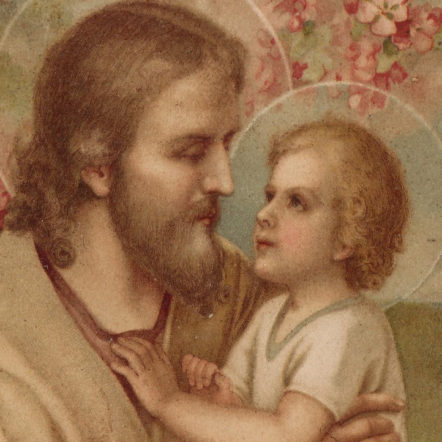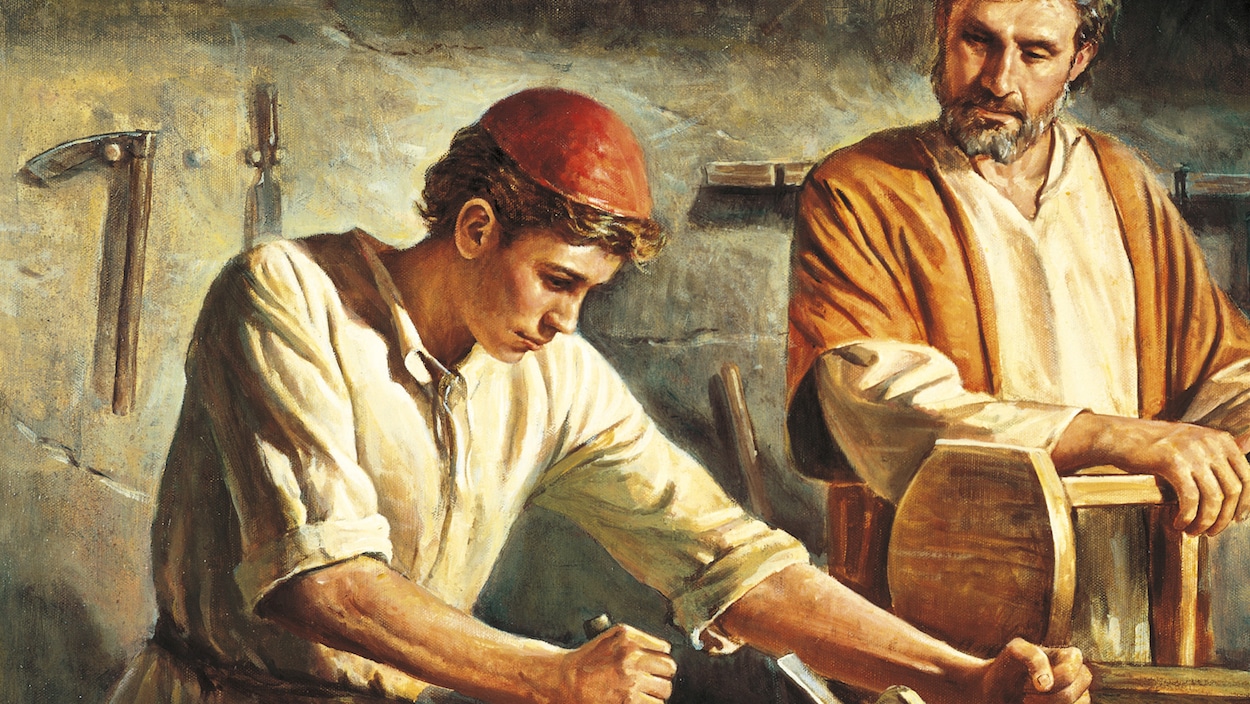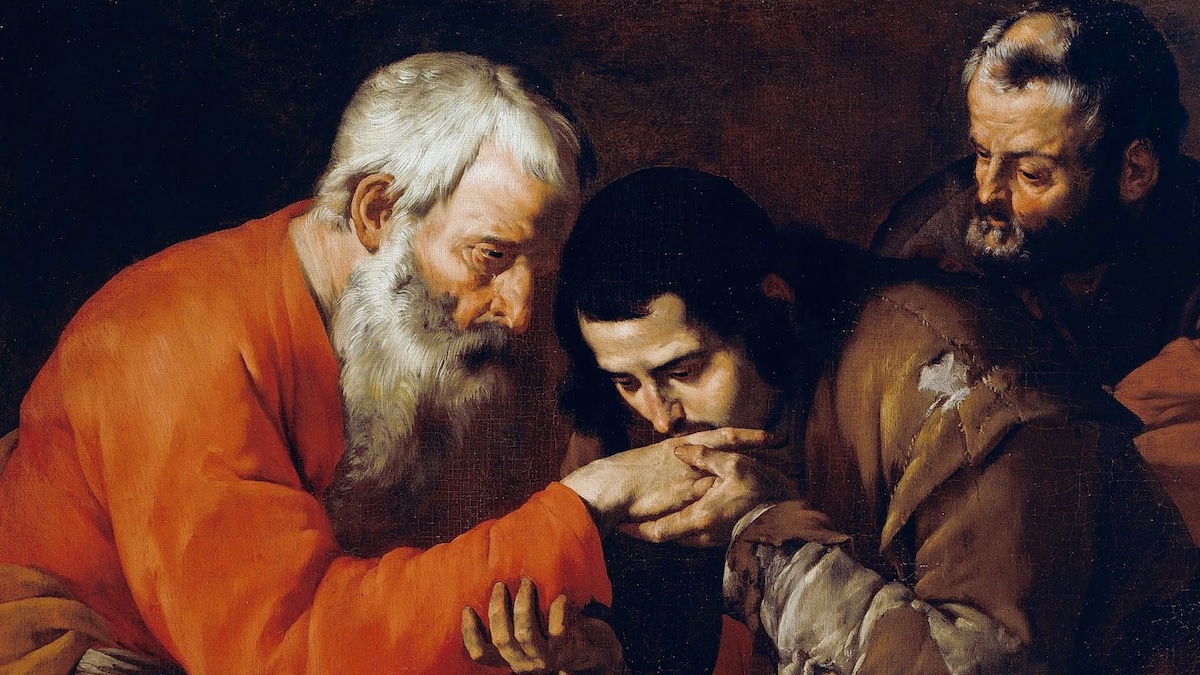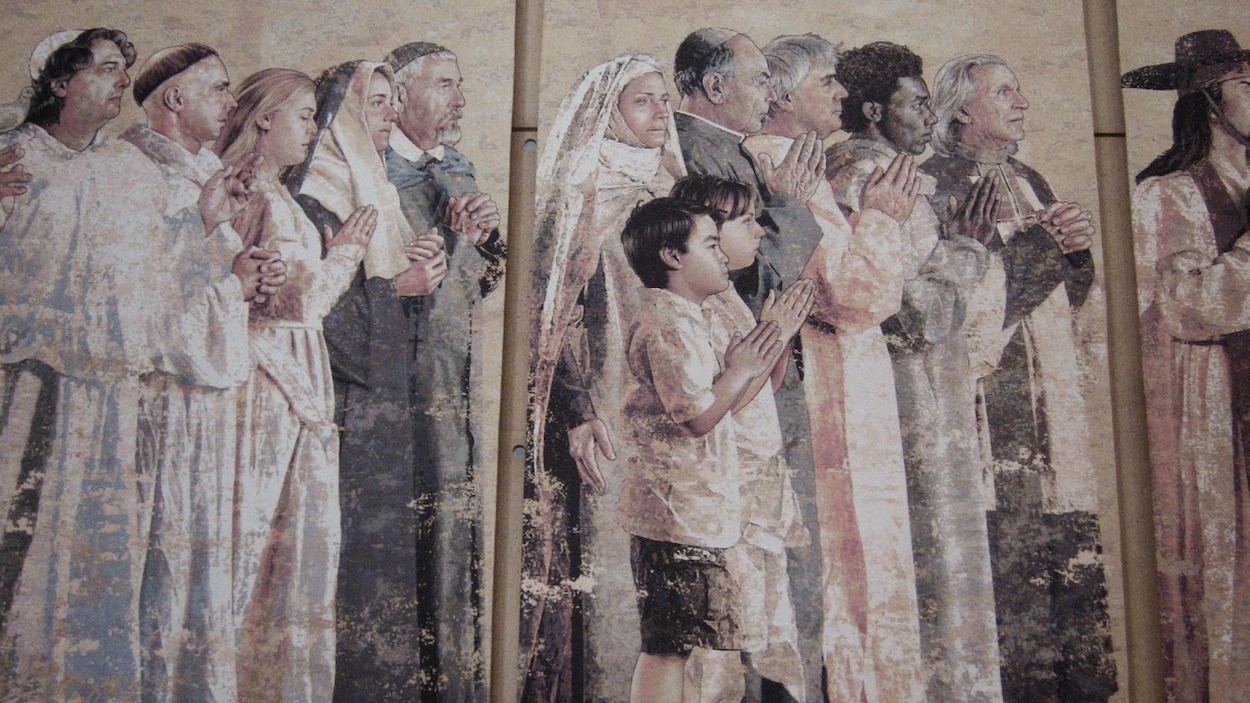Listen again to this statement taken from the Responsorial Psalm given us on this Seventeenth Sunday in Ordinary Time: “The eyes of all look hopefully to you, and you give them their food in due season; you open your hand and satisfy the desire of every living thing.” And this one too: “The hand of the Lord feeds us; he answers all our needs.” (Psalm 145)
Do we believe them? Do we believe that God opens His hand and satisfies the desire of every living creature? Perhaps, in total honesty we must admit that we believe this in theory, up here with our minds, and only for as long as we or one close to us are not in an almost helpless situation.
As we recite this Psalm, do we believe that God is truly generous and very loving or are we just saying so as members of an easily distracted worshipping community? Is it a deep-seated conviction in which we believe regardless of possible severe pain in our hearts or a prayer that we recite out of habit?
We shall try to settle this.
The solution is available in the last couple of lines from our Gospel passage from John (6:1-15) about Jesus as Bread of our Life, that is as the only One with words of eternal life and spiritual nourishment for our souls.
“Since Jesus knew that they were going to come and carry him off to make him king, he withdrew again to the mountain alone.” (John 6:15)
We are confronted here by the difference between faith and religiosity, between allowing God to be God and trying to harness His power for personal gain.
After Jesus proves that God is incredibly generous and satisfies the desire of every living thing according to His divine plan, he has to keep the crowds from trying to harness God’s power to use him according to their selfish plans by making him a most convenient king.
Today, as we reflect on the inconceivable greatness of the Lord’s gift of himself as Heavenly Food, we must accept the fact that he will never allow us to treat him as a magic fixer of existential human problems. Were we to do so, we would be sorely disappointed.
Put in a different way: the wants and problems that sin has brought about cannot be satisfied and/or remedied in any other way except by the Lord’s self-sacrifice and ours. We can expect or, rather, we must expect and firmly believe that God will be most generous with us and with others only if we are willing to sacrifice ourselves and give Him our generous contribution.
We see two examples of this fundamental principle of genuine faith in God: in our reading from 2 Kings (4:42-44) and Gospel passage. The man, who gave the 20 barley loaves and fresh grain in the ear to Elisha, gave ALL that he had available. It was little, but it was all he had at that time. That was his generous, personal sacrifice. That was the correct way of harnessing God’s power and generosity for the good of a hundred hungry workers.
Two hundred day’s wages worth of food would not have been enough for each of the 5,000 men, who followed Jesus up the mountain, to have each a little morsel, as Philip pointed out. What Philip said was an obvious remark appreciated by all the disciples present, but not by Jesus. For Jesus, two hundred day’s wages worth of food was not enough, but for a different reason: because it would have been less than a collective personal sacrifice. There was need for a real self-sacrifice. What the boy spotted by Andrew had was very little; but it was all that he had. What was required and sufficient for the Lord to take over was for a generous boy to give him all five of his loaves and both of his fish.
Every time we are in dire need or suffer because someone else is in dire need, God’s generosity must be triggered not just by our earnest prayers, but also by our willingness to sacrifice all of ourselves. This explains a lot, doesn’t it? Faced with dire personal needs or anguished by the trials of others about whom we care, in addition to our heartfelt entreaties, if we do not offer ourselves unconditionally to God’s will, obviously we cannot expect Him to display His generosity and almighty power. Spontaneously, before anything else, we must wonder: “What is the personal self-sacrifice that the Lord God is asking of me?”
“What do I have to give up (ideas, pet projects, bad habits, accolades, comforts, time, money) or what do I have to share (time, talents, creativity, loving, joyous, humble service) so that God may display His immense generosity?
So, here is our message in a nutshell: people of religiosity, with a penchant for sensational wonders, waiting for God to be the almighty magician, the most awesome fixer of all problems, will remain disappointed and empty-handed. People of faith, looking up to Him with hopeful eyes in prayer and willing to sacrifice themselves in union with Christ Jesus, must believe, viscerally, at the very core of their being, that God’s generosity will surpass even their wildest expectations.








